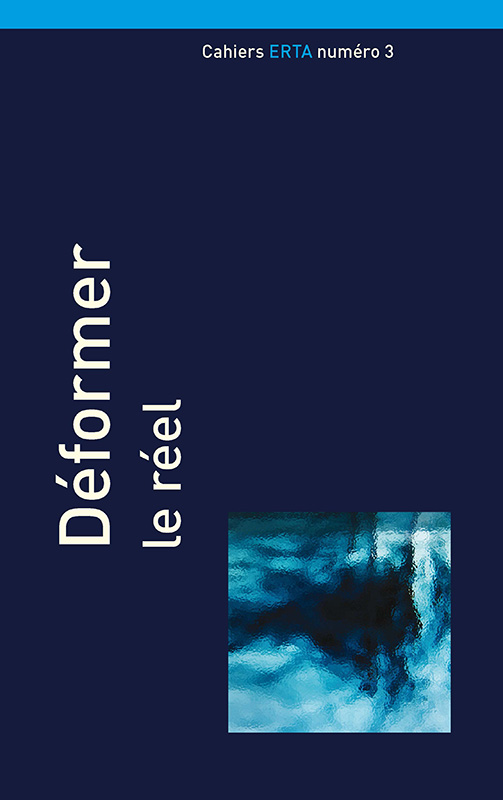« Tenter au-delà » in 1944. Francis Ponge’s reading of Aragon and the reprograming of realism
Mots-clés :
literality, poetic practices, « Hermétisme », realismRésumé
This article proposes to analyse Francis Ponge’s work during the war in the light of « La leçon de Riberac », published by Aragon in 1941. Contrary to the widely held view that the poésie de Résistance deserves no critical attention because it is subordinated to politics it is argued that the question of the social function of poetry is in fact necessary to understand the full complexities of poetic form. The article concentrates on how the problem of « hermétisme » becomes invested with contradictory meanings that contaminate the notion of « realism ». I hope that exploring these multiple connotations will help reveal a historical subtext which will provide us with insights into poetic practices.
Téléchargements
Références
Aragon L., « La leçon de Ribérac, ou l’Europe française », [dans :], Les yeux d’Elsa, Paris, Seghers, 1942.
Gleize J.-M., A noir : poésie et littéralité, Paris, Seuil, 1992.
Higgins I., « Crevette, platane et France. La poésie de Résistance de Ponge », [dans :] Cahiers de l’Herne, Francis Ponge, Gleize J.-M. (dir.), Paris, Editions de l’Herne, 1986.
Ponge F., « Pages bis », [dans :], Proêmes, Paris, Gallimard, 1948.
Ponge F., Le Parti pris des choses, Paris, Gallimard, 1942.
Ponge F., « La Rage de l’expression », [dans :] Tome 1, Œuvres complètes, Paris, Gallimard, 1965.
Ross K., The Emergence of Social Space: Rimbaud and the Paris Commune, London, Verso, 2008.

 Revues scientifiques académiques
Revues scientifiques académiques





